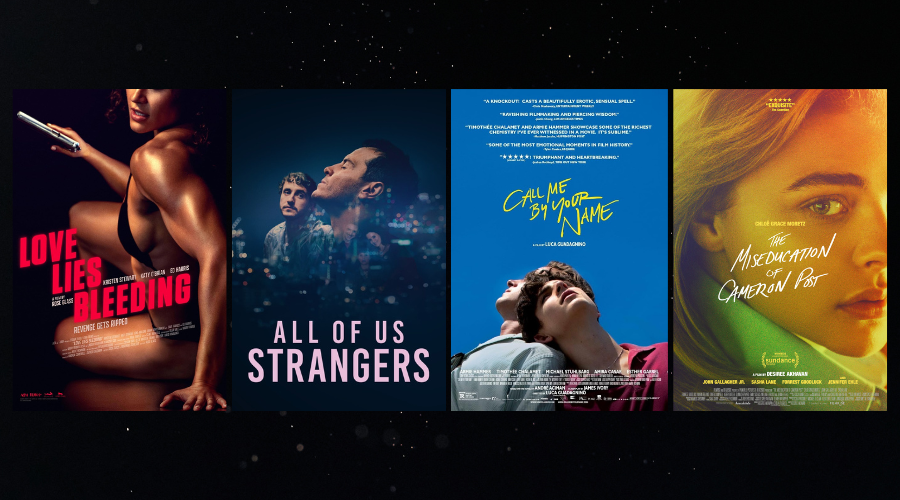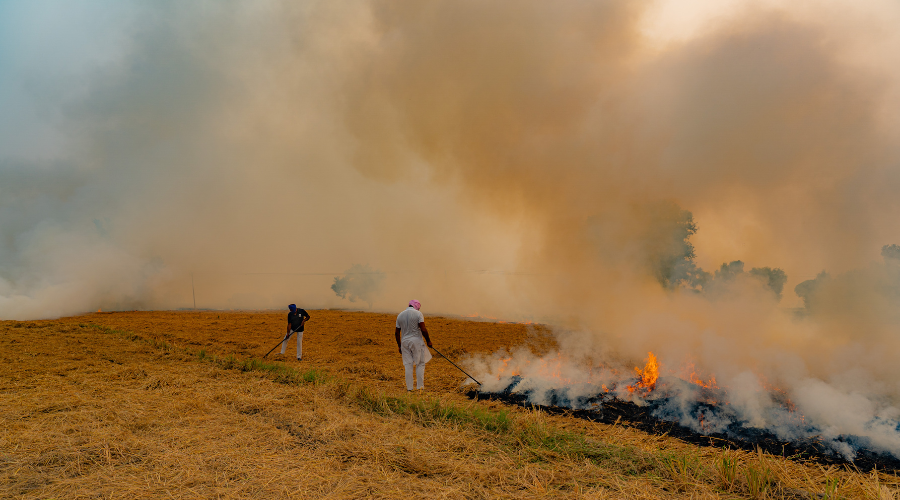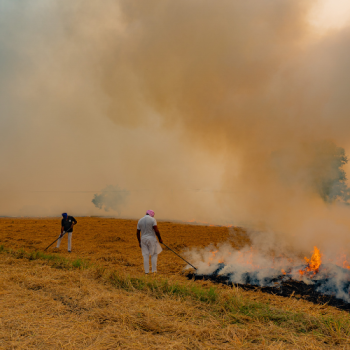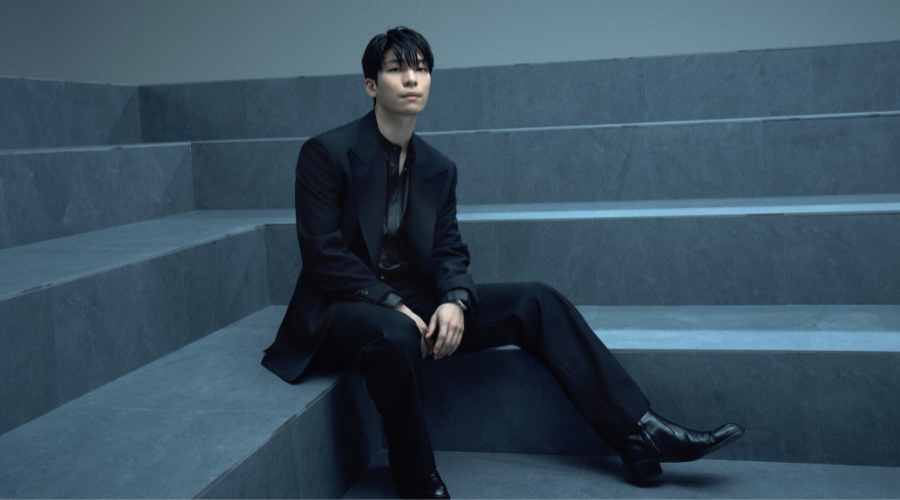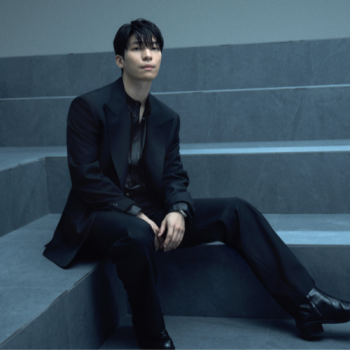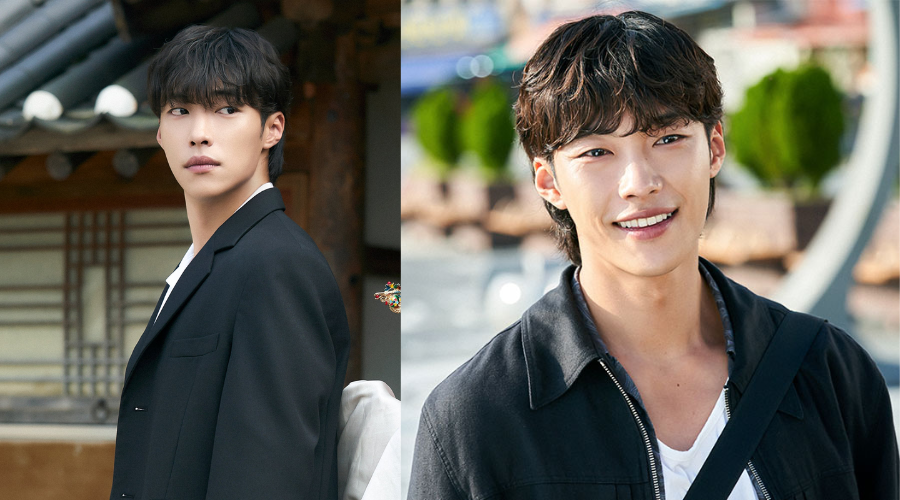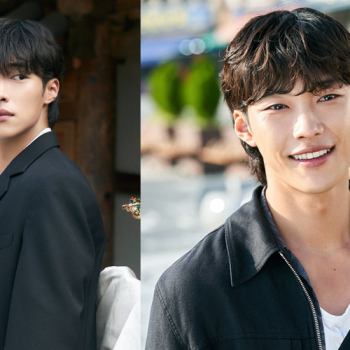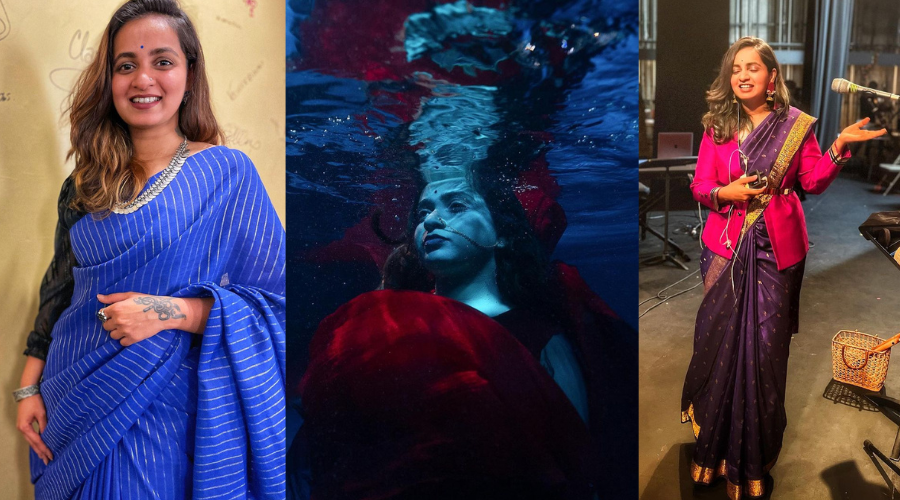Executive Director of the Hothur Foundation, Kulsum Shadab Wahab strives to create a safe space for women. Over the years, she has diligently worked towards uplifting acid attack and domestic violence survivors. While the rising numbers and first-hand experiences have been alarming in this pandemic, she tells us that the one thing she learnt was to keep fighting and come back stronger.
ELLE: How has the pandemic impacted you? What have been your introspections, self-revelations and discoveries?
Kulsum Shadab Wahab (KSW): This pandemic has made me more grateful about the little things in life. I think we all have had a lot of time to think and reflect not just about ourselves but also about other people who are not as blessed as others. I met a lot of women facing domestic abuse in this pandemic, and it was horrifying to see the numbers multiplying. With many more hands at the foundation now, we are working on ways in which we can support survivors and make them more independent.
ELLE: What do you think the crisis has shown us as a community?
KSW: Millions of people faced a lot of problems during the crisis, and the after-effects have also been difficult to cope with. However, one thing is certain: if we act together as a community, there is nothing that we cannot overcome. The pandemic has affected everyone and put them to test, but the kindness that people have shown each other has had a positive ripple effect in the community.

ELLE: In the coming years, what do you see as challenges in your field?
KSW: We have been working hard to put a ban on India’s acid sale. The rising number of acid attacks, burn cases, and violence can be curbed only with stricter laws and reforms. With the existing laws, it is very difficult to make a difference. Another challenge is child education, especially for the girl child. While we have set up schools and colleges under the Hothur Foundation, we need to create more awareness in the rural areas.
ELLE: You work very closely with acid-attack and domestic abuse survivors – do you foresee some sort of fundamental shift? How do you plan to equip survivors moving forward?
KSW: Domestic violence victims and acid attack survivors need a lot of therapy and counselling. Bringing them back to normal is a long and patient process. During the pandemic, we also discovered that some of our acid attack survivors face extreme forms of gender mutilation and infibulation. While this is not a common practice in India, it does happen in some parts of the country. We also realised that children were being targeted for acid attacks. Hence, in order to safeguard these victims, the Hothur Foundation has currently created a safe house, and we are working to help these survivors heal and move forward in a safe and holistic manner.
ELLE: How are you #ImaginingTheWorldToBe post-COVID-19?
KSW: I hope to see a brighter world where people are more aware and kinder, especially women supporting women and being pillars of strength for each other. I believe the pandemic will be a catalyst for solidarity and love for the world.
Photograph: Sharad Thakur; Styling: Nirjal Basnet

